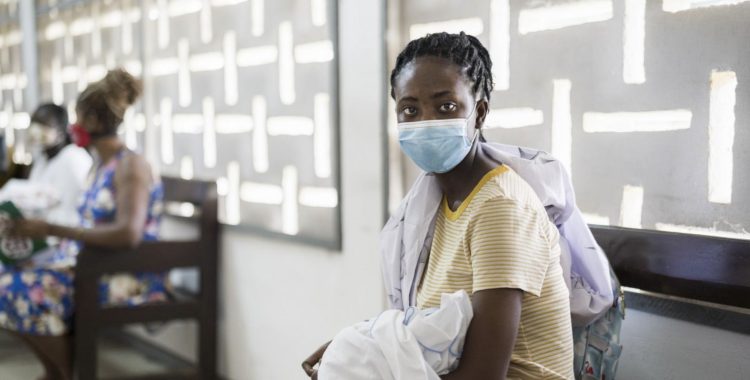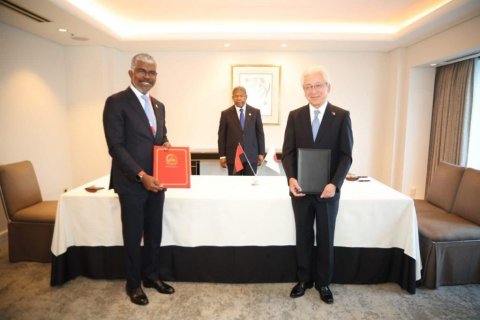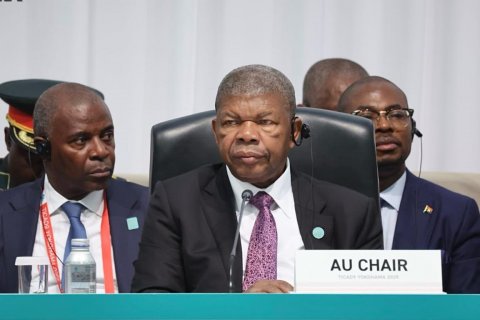Those two countries, plus Brazil, continue to appear on the list of the 30 countries with the most cases of tuberculosis, similar to the previous edition of the World Report on Tuberculosis 2023, which presents data on disease trends and the response to the epidemic in 192 countries and territories and provides a comprehensive and up-to-date assessment of the tuberculosis epidemic and progress in the response at global, regional and national levels.
With regard to all Portuguese-speaking countries and territories, and using the mobile application that the WHO has made available, with information by country and territories, from the global tuberculosis database, it is possible to compare information from new cases and deaths between 2015 and 2022.
Angola is the Portuguese-speaking country or territory with the highest number of cases and deaths: 119 thousand and 19 thousand, respectively.
Mozambique follows Angola in the number of cases, 119 thousand, but in terms of deaths it is third, with 5.3 thousand.
Brazil registered 105 thousand new cases and 7.2 thousand deaths.
In the case of Angola, the report highlights that it is one of the countries whose population faces "particularly high catastrophic health expenses".
Brazil, in turn, is one of the countries with a high burden of tuberculosis that records the highest levels of treatment coverage in 2022, that is, greater than 80 percent.
Although it continues to be one of the countries with the most cases of tuberculosis, Mozambique deserves a positive highlight in the report as it shows progress in reducing the number of deaths caused by tuberculosis.
Mozambique recorded a 50 percent reduction in deaths resulting from tuberculosis in the period 2015-2022.
The WHO report also highlights the substantial increase in investment in healthcare in Brazil and Mozambique.
"From 2000 to 2020, there were notable increases in health expenditure (from all sources) 'per capita' in a small number of countries with a high incidence of TB, namely upper-middle income countries such as Brazil and, in In the case of Mozambique, this increase is presented as a "constant trend".
In relation to the remaining Portuguese-speaking countries and territories, Cape Verde, with 180 new cases and 19 deaths, has the best record.
As for the remaining Portuguese-speaking countries and territories, with regard to the incidence of new cases, Guinea-Bissau registered 7.6 thousand, followed by Timor-Leste (6.7 thousand), Equatorial Guinea (4.6 thousand), Macau Special Administrative Region (340) and São Tomé and Príncipe (260).
In the death register, Guinea-Bissau reported 1,500, followed by Timor-Leste (770), Equatorial Guinea (310), São Tomé and Príncipe (55) and Macau (28).
Caused by 'Mycobacterium tuberculosis' bacteria that most often affect the lungs, the disease can spread when people sick with tuberculosis expel bacteria into the air – for example, by coughing.
Tuberculosis is preventable and curable. About 85 percent of people who develop tuberculosis can be successfully treated with a four- to six-month drug regimen.
Treatment has the added benefit of reducing the transmission of infection.
Quoted in the document, the director-general of the WHO, Tedros Adhanom Ghebreyesus, highlights that the knowledge and tools to put an end to TB are currently available.
"We have a political commitment and we have an opportunity that no generation in the history of humanity has had: the opportunity to write the final chapter in the history of tuberculosis," he added.
The director of the WHO World Program for the disease, Tereza Kasaeva, also mentioned in the report, recalls that there are "strong commitments from world leaders in the political declaration of the second high-level United Nations meeting on tuberculosis".
These commitments, she stressed, "give strong momentum to accelerate the response to TB."
"This report provides data and evidence on the status of the TB epidemic and an analysis of progress, which can serve as a basis for translating these commitments and objectives into actions in countries. We need all hands on deck to make the vision of ending with tuberculosis a reality", he concluded.







